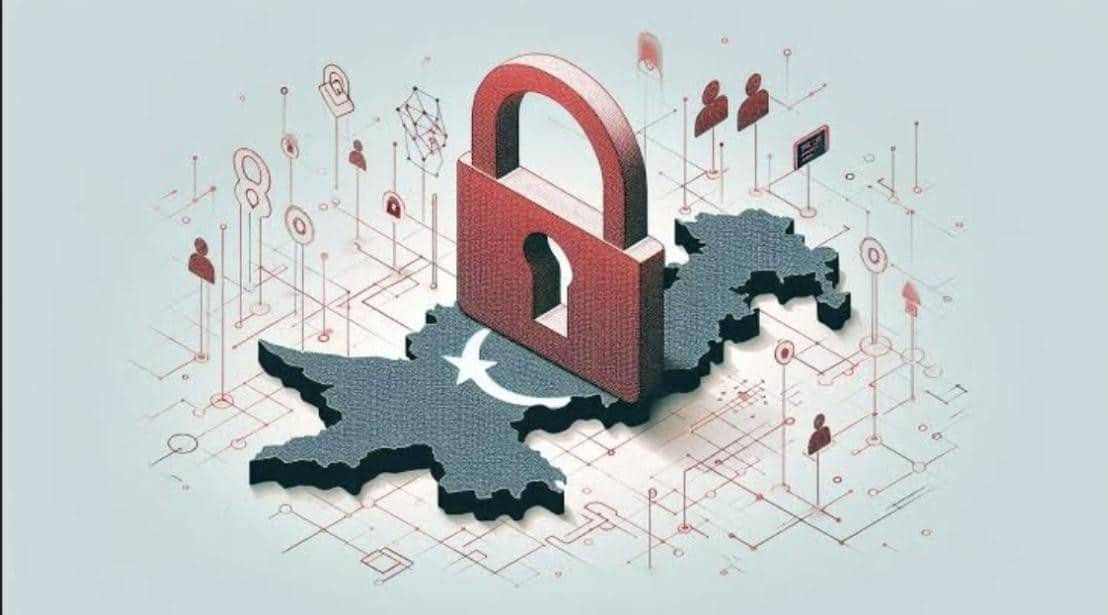
Islamabad: The recent suspension of mobile internet services across Pakistan’s Balochistan province has reignited the debate over the balance between national security and citizens’ fundamental rights.
In early August, the federal government ordered a complete shutdown of mobile data services in Balochistan, citing “security threats” posed by militant groups operating in the region. Officials claimed that extremist networks were using digital communication channels to coordinate attacks and spread propaganda.
The blackout, which lasted for nearly three weeks, affected millions of residents in the province disrupting education, business operations, and access to essential services.
Court Intervention and Gradual Restoration
Following public backlash and legal challenges, the Balochistan High Court intervened in late August, directing authorities to restore mobile data services in several districts, including Quetta, Pishin, and Chaman.
In its ruling, the court emphasized that mobile connectivity was not a luxury but “a basic mode of communication and an essential component of daily life.” It further noted that the prolonged suspension violated constitutional rights, including the freedom of information, trade, and movement.
Human Rights Concerns
Rights organizations, including Amnesty International, condemned the shutdown, describing it as a disproportionate measure that silences citizens and restricts access to information.
“The Pakistani government’s frequent use of internet shutdowns isolates communities and undermines basic freedoms,” Amnesty said in a statement.
Residents, too, voiced frustration over the repeated disruptions. University students reported missing online lectures and exams, while small businesses dependent on mobile payment systems suffered significant losses.
Security Justifications
Government representatives, however, have defended the move as a necessary counterterrorism measure.
Officials argued that insurgent groups in Balochistan have increasingly turned to digital tools to coordinate operations and evade detection.
“Security must come first. Temporary inconvenience is justified if it prevents violence,” said a senior Interior Ministry official, speaking on condition of anonymity.
Yet critics contend that such policies often harm civilians more than they deter militants. Analysts warn that repeated blackouts could deepen distrust between the government and marginalized communities in Balochistan.
A Broader Pattern of Control
Pakistan has a history of imposing communication blackouts during times of political tension or unrest.
- During the 2024 general elections, mobile services were suspended nationwide on polling day.
- In previous protest movements, authorities have restricted social media platforms and mobile networks to curb mobilization.
Digital rights advocates argue that these recurring blackouts reflect an increasing effort by the state to control the flow of information and limit dissent.
Looking Ahead
As of early October, mobile data services have largely been restored in most parts of Balochistan, though residents report inconsistent connectivity in remote districts. The debate, however, continues.
Civil society groups are calling for clearer regulations on when and how communication services can be restricted, while policymakers insist on maintaining flexibility in the face of evolving security challenges.
What remains clear is that Pakistan’s ongoing struggle to balance security and digital freedom is far from over.

